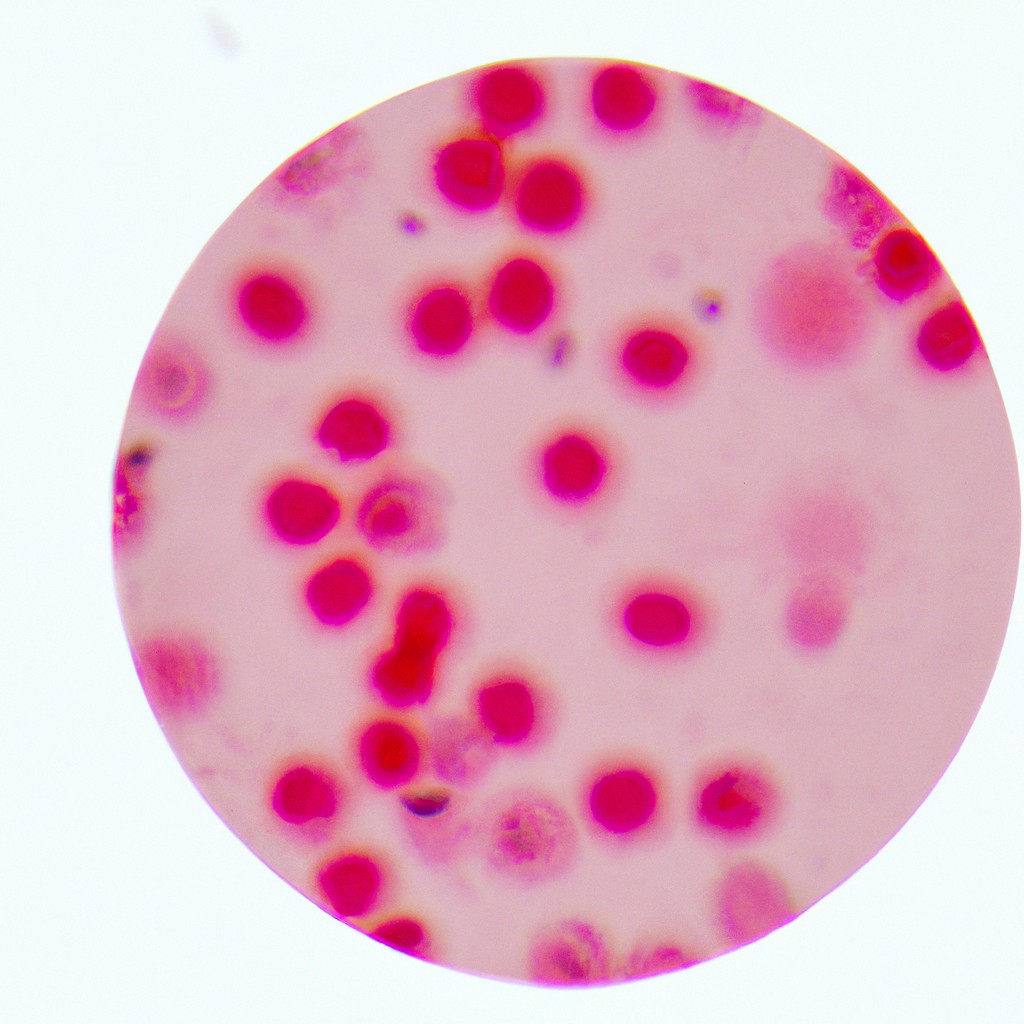Discover the world of PV, short for photovoltaic, and understand how this technology turns sunlight into electricity.
Key takeaways:
- PV is a rare blood disorder causing thick blood flow.
- Symptoms include headaches, dizziness, and itchiness.
- PV is a type of blood cancer but progresses slowly.
- Enlarged spleen and fatigue are common symptoms.
- Symptoms can sneak up gradually, so stay vigilant.
Overview

Think of polycythemia vera (PV) as an overachiever in the world of blood production. For reasons not entirely clear, your bone marrow decides to go into overdrive and churns out way too many red blood cells.
This creates thick, slow-moving blood that struggles to flow through your arteries and veins. Imagine trying to drink a milkshake through a tiny straw—frustrating and pretty slow.
The extra red blood cells can lead to a host of issues, ranging from blood clots to splenomegaly (your spleen’s way of saying, “I quit!”).
PV is sneaky and can develop over many years without showing any obvious symptoms, making it the friendly neighborhood disease that no one really asked for.
It’s a rare disorder, affecting just 2 out of every 100,000 people, and is most commonly diagnosed in folks over the age of 60. However, it doesn’t exactly discriminate and can show up earlier.
Understanding PV is like trying to solve a mystery where your own body plays both the detective and the suspect.
What Is Polycythemia Vera?
Polycythemia vera is a rare blood disorder that causes your bone marrow to produce too many red blood cells. When there are excess red blood cells, your blood can thicken and flow sluggishly, like syrup instead of water. Not ideal for your circulatory system!
This condition is part of a group of diseases known as myeloproliferative disorders. It can also result in an increased number of white blood cells and platelets.
One cheeky thing about polycythemia vera is that it often lurks around without making its presence known. Some people feel just fine at first. But it may eventually rear its head with symptoms like headaches, dizziness, and an itchy sensation – especially after a hot shower.
What causes it? The majority of cases are linked to a mutation in the JAK2 gene. This genetic shift leads to uncontrolled blood cell production. It’s not something you inherit from your parents or pass on to your kids, so there’s no need to give them the side-eye.
Polycythemia vera can sneak up on anyone, typically showing up in older adults. If left untreated, it can lead to serious complications like blood clots, strokes, or heart attacks. However, early detection and treatment can help manage the condition effectively.
Is Polycythemia Vera Cancer?
Polycythemia vera (PV) is often referred to as a type of blood cancer. This might sound alarming, but let’s break it down.
PV falls under the category of myeloproliferative disorders, which are diseases where the bone marrow makes too many red blood cells, white blood cells, or platelets.
The primary culprit is usually a mutation in the JAK2 gene. This genetic hiccup leads to uncontrolled cell growth in the bone marrow. While PV is considered a chronic blood cancer, it typically progresses very slowly.
Unlike more aggressive cancers, PV rarely spreads beyond the bone marrow. It doesn’t usually cause the dramatic health declines seen in other malignancies. Instead, it often demands lifelong monitoring and treatment to manage the symptoms and prevent complications.
So, yes, it has the “C” word attached to it, but PV is a bit of a slow-motion rollercoaster in the world of cancer.rollercoaster in the world of cancer.
Symptoms and Causes
Imagine your blood decided to throw a party and invited too many red blood cells. That’s essentially what happens. This blood bash can lead to some not-so-fun symptoms:
- Headaches: They love to crash the party, making everything feel foggy.
- Dizziness and vertigo: Your world might spin like a wild dance floor.
- Itchiness: Especially after a hot shower, like you’ve been sprinkled with itching powder.
- Enlarged spleen: Suddenly your spleen’s the life of the party, taking up way too much room.
The causes? Blame it on a mutating gene, specifically the JAK2 gene. This genetic glitch makes your bone marrow produce far too many red blood cells, crowding out the healthy ones. Think of it as that one guest who doesn’t know when to leave, seriously overstaying their welcome!
What Are the Symptoms of Polycythemia Vera?
Feeling like your body’s playing tricks on you? Let’s decode those mysterious signals.
One common sign is fatigue. Yes, the kind that makes you feel like you could nap on a roller coaster.
Got an itch that just won’t quit, especially after a hot shower? That might be PV calling card.
Headaches and dizziness can also make an appearance, turning your world into a dizzying funhouse. Not so fun, right?
Then there’s the ruddy complexion, like you’re perpetually blushing from a secret crush.
Joint pain also likes to join the party occasionally, making daily chores feel like running a marathon.
Swelling in your spleen (hello, left side discomfort) and unexpected weight loss might also wave a red flag.
Remember, these symptoms often sneak up gradually, like a ninja creeping in the night. So, keep an eye out and chat with your doc if something feels off.
Also Read:
- Solar Cell Technology: Understanding How It Powers Our Future
- Photovoltaic Cell Explained: Understanding How Solar Power Works
- What are Solar Panels Made Of: Detailed Insights into Green Energy Sources
- Solar Energy Is Renewable or Nonrenewable: Clarifying the Facts and Misunderstandings
- Solar Thermal Energy Explained: Understanding Renewable Heat Sources